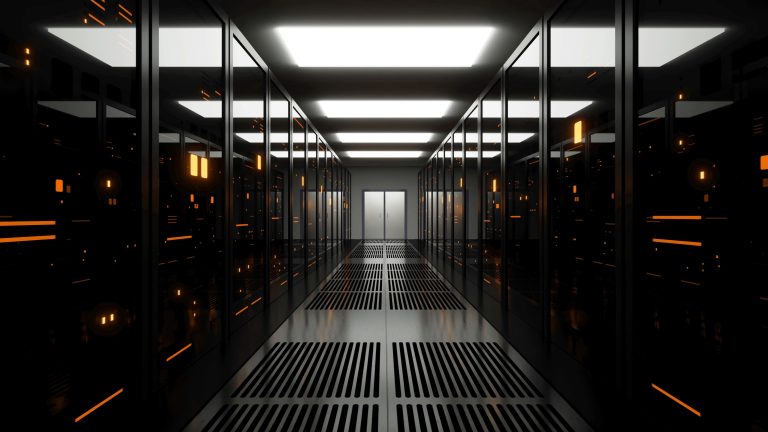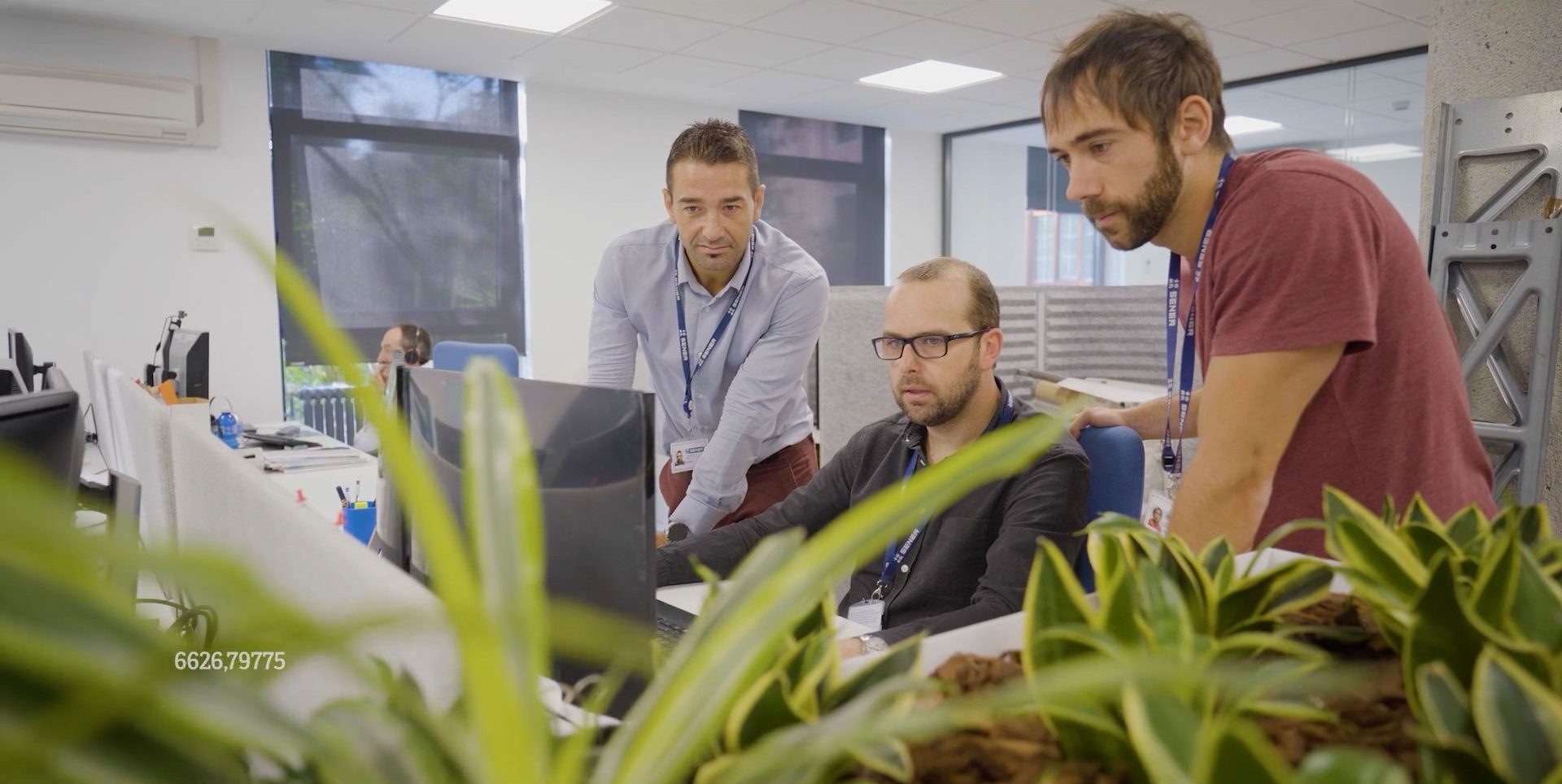
- Digitalization
Categories:
In a world where every degree counts, reducing heating by 1°C can mean an energy saving of up to 8%. This is just one of the many ways in which the retail sector can improve its energy efficiency and reduce its environmental footprint. From supermarkets to boutiques, the retail industry is a sector that consumes a considerable amount of energy to meet the comfort needs of its customers.
Commercial buildings are more than just retail spaces; they are the heart of our cities, consuming 36% of global energy and up to 40% in the US alone. But what if I told you that 30% of that energy is going out the window? In Spain, with its 700,000 establishments, we are talking about an average of 16,000 kWh per year that could be optimized.

The adoption of sustainable practices, such as energy efficiency and the use of cleaner technologies, is essential. That’s why the retail sector can lead the way towards a more sustainable future by implementing innovative measures. Here are some key strategies that can make a difference in the pursuit of a more sustainable future:
- Energy Consumption Analysis: The first step towards energy efficiency is understanding where and how energy is being used. Through technological solutions like an Energy Management System, it’s possible to conduct a comprehensive analysis of energy consumption in different areas and establishments, including HVAC systems (heating, ventilation, and air conditioning). This tool provides accurate data and allows for quick and efficient identification of improvement opportunities.
- Energy Management Platform: Implementing a comprehensive energy management platform is a qualitative leap that allows for real-time monitoring of energy consumption. Tools like Respira® go beyond simple anomaly detection, providing automatic alerts and detailed analysis that allow for the evaluation of the effectiveness of implemented energy-saving measures, ensuring proactive and adaptive management.
- HVAC: Cooling: The cooling system is not only a key component for comfort; it’s also a major energy consumer. In a context of increasing global temperatures, the demand for cooling grows exponentially. Modernizing these systems and adopting more efficient technologies can not only reduce electricity consumption but also improve the overall sustainability of the building, considering that up to 45% of a building’s energy system comes from HVAC.
- HVAC: Heating: Heating systems are vital for comfort during cold months and represent a significant part of electricity or gas consumption depending on the installation. Optimizing these systems, along with the installation of more efficient equipment such as condensing boilers, next-generation heat pumps, and commercial gas water heaters, can achieve a significant reduction in electricity consumption while maintaining thermal comfort without wasting resources.
- HVAC: Ventilation: Adequate ventilation is crucial for a healthy indoor environment. Implementing smart ventilation systems that adjust their operation based on occupancy and air quality can offer substantial electricity savings. These strategies not only save energy but also ensure an optimal indoor environment for customers and employees.
- Artificial Intelligence for Data Management: There is increasingly more data available, and artificial intelligence can help us process all the information and identify operational savings measures. Identifying establishments with anomalous behavior, anomalies in consumption, etc. Therefore, AI helps us to focus our efforts where they are needed and to carry out actions that allow us to achieve energy efficiency in a responsible manner.
In summary, the retail sector can lead the way towards a more sustainable future by adopting energy efficiency measures. By implementing innovative technologies, focusing on the optimization of commercial buildings, and fostering a culture of environmental responsibility, retail companies can not only reduce their operating costs but also actively contribute to mitigating climate change.

Guillem Peris
Guillem Peris holds a PhD in Civil Engineering from the University of Valencia (UPV) and is a specialist in computational fluid dynamics, ventilation and air conditioning systems, and energy management. He has participated in building, transport infrastructure, and industrial projects at national and international levels. He is currently responsible for energy efficiency solutions in Sener's Digital business area and leads the Respira project. He also teaches fluid mechanics at the Higher Technical School of Engineering (ICAI) of the Comillas Pontifical University. In 2022, he was recognized by the Royal Academy of Engineering of Spain with the Young Researchers medal.









